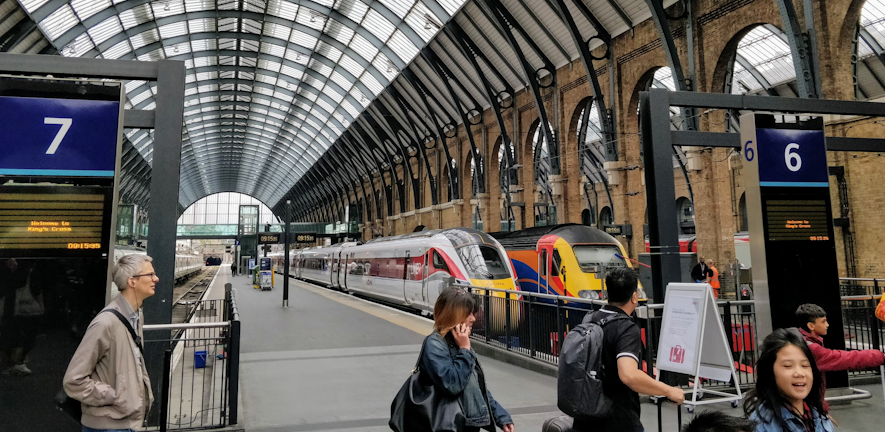Driving
To drive in the UK you must have a valid driving licence, road tax and insurance. You should also familiarise yourself with the Highway Code and UK driving regulations. Further information on eligibility, please visit: Driving in Great Britain on an non-GB licence.
Car Insurance
If you drive in the UK, it is a legal requirement to obtain car insurance. There are many different companies offering car insurance, as well as many price comparison websites, which can help you identify a suitable provider.
Road Tax
You must ensure that your car has valid road tax before you drive it. You can check and pay for your road tax online via the DVLA website.
Child Car Seat Law
It is compulsory by law for the driver and all passengers to use a seatbelt or suitable safety restraint. Children are required by UK law to be in a car seat when travelling by car until they reach the age of 12 or a height of 135cm, whichever comes first. The type of car seat required depends on the height and/or weight of the child. Further information on the rules for babies and children is available here: Child car seats.
Trains
The National Rail Service manages the train network and services. Cambridge train station is located at the end of Station Road, which is approximately a 20-minute walk from the city centre. From Cambridge, there are frequent trains to London (50 minutes using the express service) and connecting services to the airports. You can purchase day tickets that are inclusive of the London Underground and the bus system.
The Trainline website and app provide up-to-date timetable information and you can purchase tickets to display on your phone through the app or you can print from station machines on the day of travel.
Buses
Most buses in Cambridge are operated by Stagecoach (Citi), where you can buy a ticket from the driver. A Dayrider ticket is valid for unlimited travel on Stagecoach buses for one day. Other options include a Megarider ticket, which provides unlimited travel on Citi buses for seven days. Most bus stops have electric signs that report when the bus will arrive. The main bus station is on Drummer Street, in the centre of Cambridge.
For University employees and students with a University card you can ride the UNI buses for a significantly reduced fare. These buses run across the city every 20 minutes. You can find further information on local bus routes here and for a map and routes of all Citi buses here.
Taxis
Taxis are regulated by Cambridge City Council, and as such all drivers are vetted prior to appointment and should get you to your destination using the quickest possible route. Taxi ranks are located on St. Andrew's Street, Parkside and the railway station but you may flag a taxi on any street or call a local cab company to pick you up at a specific location. The University of Cambridge's webpages provide further information on accessibility here.
Cycling
Cambridge is one of the best places to cycle because it is relatively flat and has an extensive cycle route network. It is a practical alternative to driving and a healthy activity for all ages. There are many stores where you can hire or buy a bicycle. Some cycle shops offer discounts on cycles and accessories to University employees. All you need to do is show your University card. Details can be found here.
A few important rules of the road for cyclists:
- Wearing a helmet not only reduces injuries, but can also save your life
- Wear bright or fluorescent clothing during the day and reflective clothing at night
- For your safety and legal reasons, a white light must be showing from the front of your bike and a red light from the rear.
Cambridgeshire County Council provides further information on cycle safety, including links to adult cycle training sessions.
All University staff appointed for 3 months or more can apply for a travel to work loan which can be put toward the cost of a bicycle. The University also runs the cycle to work initiative, which enables employers to lease bicycles and associated safety equipment to their employees through what is called a salary sacrifice. This means that employees are able to receive Income Tax and National Insurance savings on the retail price of the chosen bike and safety equipment package. The scheme is administered through a salary sacrifice/hire agreement, and is run in accordance with the Government's Green Travel Plan.

